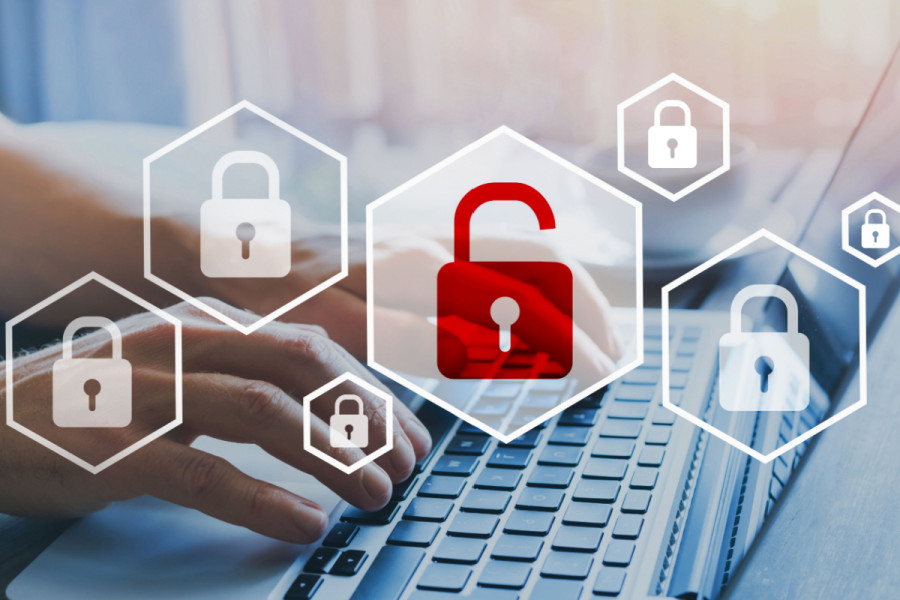Science & Technology
Government’s cybersecurity policy criticised for National Internet Gateway plan
Experts are concerned that it may curtail the right to privacy and freedom of expression in Nepal.
Anup Ojha
Nearly a year after Cambodia’s long-serving Prime Minister Hun Sen signed the new National Internet Gateway on February 16, 2021, his government arrested a popular rapper Kea Sokun, 23, holding him guilty of inciting racial unrest with his lyrics. Earlier the government had sent a dozen other citizens to jail for posting jokes, poems, pictures, private messages and songs on the internet.
The rapper was released after serving 18 months in an overcrowded prison.
The New York Times reported critics as saying that the decree kept Cambodia on a growing list of countries that have embraced China’s authoritarian model of internet surveillance, from Vietnam to Turkey, that it will deepen the clash over the future of the web.
Thirty-two human rights organisations then asked the Cambodian authorities to revoke the establishment of the National Internet Gateway, calling it a serious human rights concern as it allowed the establishment of a digital gateway to manage all internet traffic in and out of Cambodia.
Two-and-a-half years later, on August 8, Nepal’s Cabinet passed the National Cyber Security Policy 2023, incorporating a key feature similar to the one enforced by the Cambodian government. This move has alarmed cyber security experts and stakeholders. They accuse the government of trying to bring in a controversial policy without effective public consultations.
Digital rights experts and other stakeholders are particularly concerned over clause 11.25 of the policy that states the establishment of a National Internet Gateway (NIG). This particular provision that has caused alarm wasn’t in the draft of the Cyber Security Policy prepared in 2021. The government’s move to introduce such a policy is suspected to have tight control over the entire internet ecosystem in the country.
The NIG refers to a centralised way of controlling internet traffic and making sure that all powers to monitor entire web traffic lie with the government.
Officials argue that the gateway allows the government to take national cyber security measures of monitoring and blocking potentially malicious traffic and to control cyber attacks and misinformation. But experts say it has many complex and far-reaching negative consequences for the freedom of speech and privacy. Such censorship could hamper the openness of the internet system, experts say.
Baburam Aryal, who specialises in cyberlaw and media technology, said it’s unfortunate that the government has come up with such a regressive move.
“The government didn’t consult stakeholders while preparing this policy. It seems the policy is guided by the state’s intent to control rather than serve the public,” said Aryal.
Immediately after the policy was revealed, cyber security experts said the aim was to control people’s data rather than to boost trust in the country’s information technology and digital systems.
“Over the past few years, the internet and social media have become mediums for politicians to come into power, and it’s the same social media they feel threatened by when they are in power. This could be the main reason behind the NIG, which they can use to restrict citizens’ use of the internet,” said Aryal.
A 2020 survey of over 80 countries by the Oxford Internet Institute showed social media manipulation of public opinion as a growing threat to democracies around the world.
Michael Caster, the asia digital programme manager for ARTICLE 19, a London-based organisation supporting freedom of expression, who covers internet freedom and digital rights in the Asia-Pacific region, said the government’s decision not only affects the internet freedom of Nepalis but it would also arbitrarily restrict the free flow of information between Nepal and the rest of the world.
“We have already seen the awesome censorship capabilities of China's Great Firewall, and more recently similar efforts by Cambodia to impose its own National Internet Gateway,” wrote Caster in the email, replying to the Post’s queries.
Advocate Aryal said more than cyber safety, the government’s intent is to bring a controlling mechanism akin to the ones in China and India.
In February, 2021, India’s government announced new regulations for social media companies and digital streaming websites. The measures would put digital platforms such as Twitter and Facebook under direct government oversight, Al Jazeera reported, citing critics who expressed worry that the move might lead to censorship.
“This shouldn't happen here in Nepal,” said Aryal.
“Although such measures may be masked in the language of national or cybersecurity, it is often nothing more than a tactic of exerting control over the internet by authorities who will not tolerate the freedom of expression or access to information,” Caster added.
Caster says such a lack of transparency in the policy design phase does not inspire hope for future transparency such as in agreements and partnerships with other countries or companies who might be involved in development and deployment, at the very least a necessary step in any effective human rights impact assessment,” said Caster of ARTICLE 19 in the email.
Caster said this could be a government tactic to wrest control over the internet use by citizens.
However, Netra Prasad Subedi, spokesman for the Ministry of Communication and Information Technology, claimed that the doubts over the policy were unfounded. “There is no provision in the policy that would curtail the freedom of expression,” Subedi told the Post.




 22.64°C Kathmandu
22.64°C Kathmandu.jpg)















